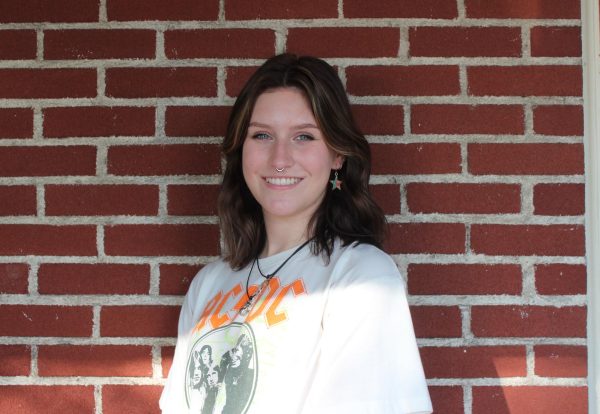Water makes up about 60% of the human body, and humans can only live three to four days on average without water. Even though food can be a source of water in small amounts, after a couple of days without drinking it, the symptoms of dehydration will set in: headaches, fatigue and overall damage to your body’s internal functions. In short, water is essential to our health, but unfortunately, accessing it easily and freely is nearly impossible.
Drinkable, filtered water requires labor and advanced equipment. In order for the costs to not fall back on consumers through water bills, the government would need to own and fund all water treatment plants—but government ownership of almost anything is resisted by many Americans.
With that, I also acknowledge my privileged access to these resources as an American, knowing that there are numerous countries that can barely access drinkable or safe water at all. The only country I’d argue that has it better off than America is Ireland, which eliminated domestic water charges for “normal usage” in 2023.
My main complaint isn’t so much rooted in tap water but rather in the capitalization of water. Yes, bottled water requires labor and equipment just like water filtration plants. There are also many bottled water companies that have found their niche that separates them from tap water: FIJI water is sourced from unique aquifers, blk. water is infused with fulvic acid and Deer Park sources from American springs. On the other hand, we have the Coca-Cola-owned water brand Dasani, which is… just purified tap water.
While the capitalization of water is not ideal in any case, I at least applaud the companies that focus purely on water and have a unique brand. The majority of these companies also began with sustainable intent, such as Boxed Water Is Better providing an alternative to plastic bottles as early as 2010. Conversely, Dasani’s 100% recycled plastic water bottles were rolled out in 2022, alongside other monopolies being pushed in the sustainable direction.
To delve even deeper into this issue, my qualms are not with the cases of bottled water in grocery stores. People are going to buy them if they want to, whereas others may opt for filtered tap water and reusable water bottles. My greatest issue is when you are given no other option in public venues.
I attended a concert with two friends and we were, like many, quite thirsty after the show ended. I’ve attended my fair share of concerts and know that staying hydrated is essential. The room is likely hot, you’re singing your lungs out until your throat goes dry and you might even be jumping around enough to break a sweat.
While waiting in the merchandise line, we were right next to the bar and my friend decided to ask the bartender for a cup of water. He told her the bar was closed. This raises two problems—he was either going to charge her for just a cup of tap water, or he just didn’t feel like doing a simple task.
We weren’t the only people who were parched, so our only option was an infinitely long line to a single water fountain, a breeding ground for germs and dispensing questionable Philadelphia water. There was a water cooler nearby but no cups in sight. An EMT eventually found cups and many of us in the line thanked her profusely.
She told us she was just happy that she could be of help. Her willingness to provide an essential life source completely contrasted with the bartender’s response and fueled my distaste for the capitalization of water. It made total sense that she was so caring; she’s likely carried out many concert-goers on a stretcher after they passed out from dehydration and exhaustion. I’ve seen it myself—the concert suddenly pauses so that the situation can be quickly handled, everyone holding their breath in silence.
Even the charitable attempts I’ve seen are often lackluster. Sometimes a crowd anxiously awaiting a performer for longer than usual is rewarded with some free water bottles. This only benefits the front few rows and the handful who are lucky enough to catch a bottle that the staff decided to hurl despite safety risks.
Many venues allow one sealed water bottle (no sneaking any vodka in!), which is also common in sports stadiums where water is necessary if you’re going to be sitting out in the sun. But even this option is beginning to fade out. I’ve recently been to concert venues that require water bottles to be purchased inside, with the cap removed upon purchase, unfortunately, because a handful of people ruined things for everyone by chucking filled bottles onto the stage.
And what capless, overpriced bottle is your only option? Dasani.




















